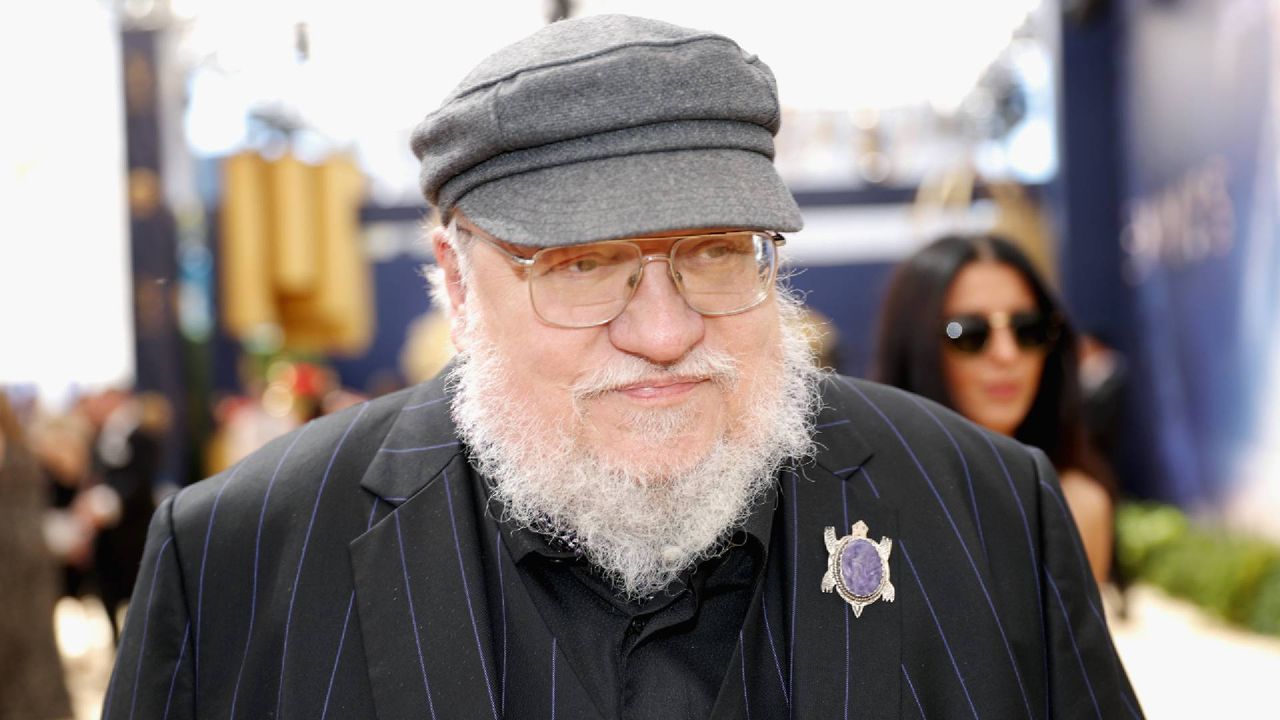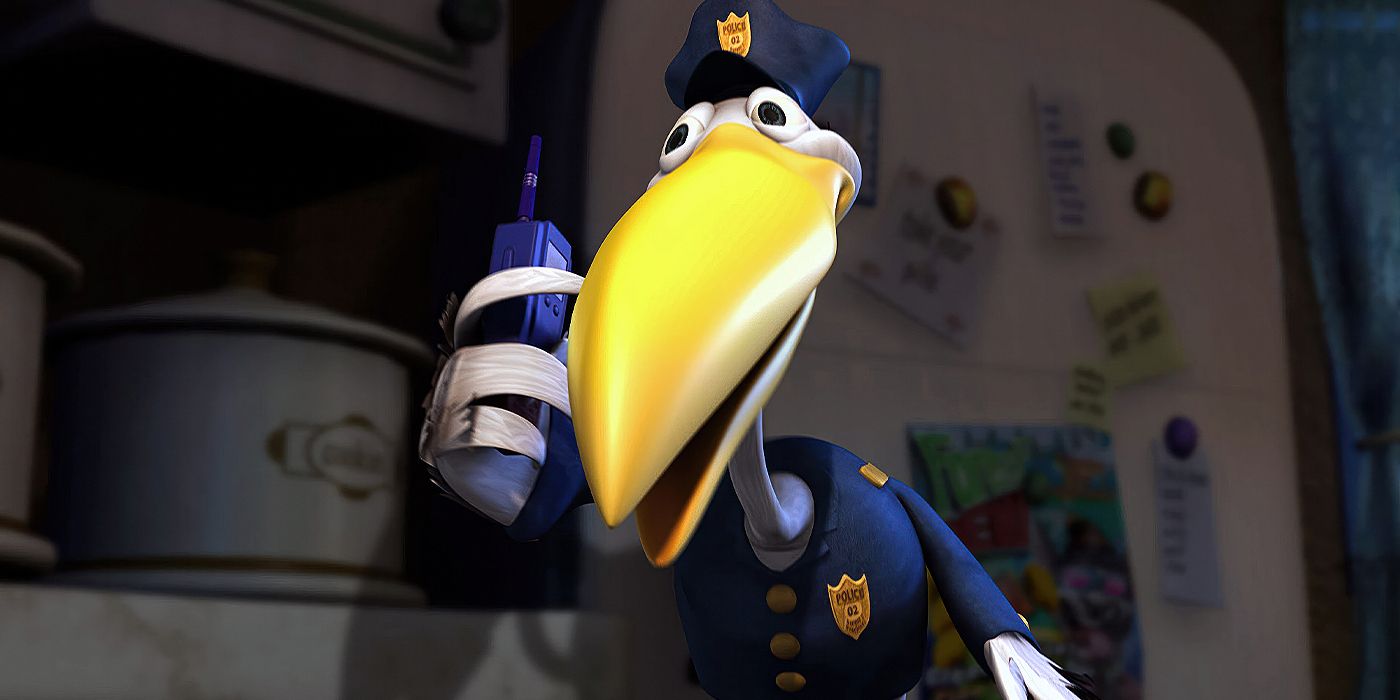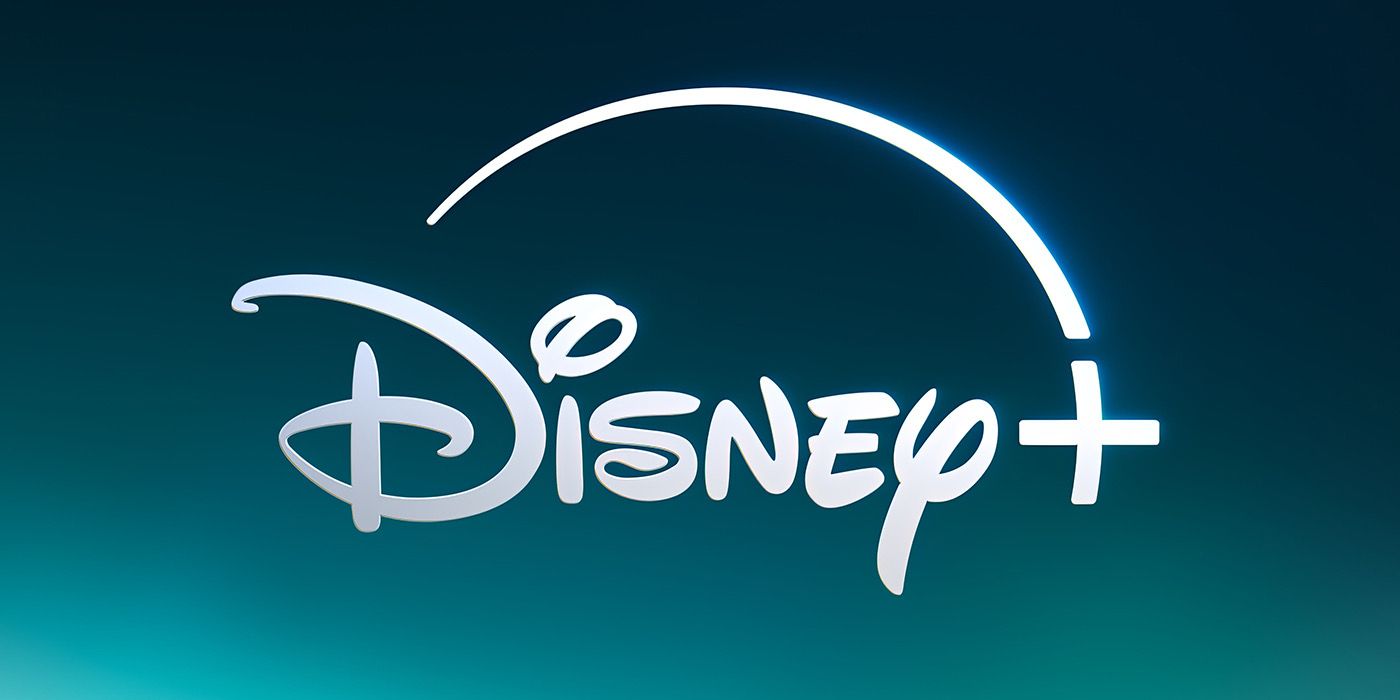George R.R. Martin’s Legal Battle Against OpenAI: A Fight for Creative Integrity in the Age of AI Plagiarism and Copyright Infringement
The ongoing legal battle between George R.R. Martin, the acclaimed author of the “A Song of Ice and Fire” series, and OpenAI has ignited a fierce debate about the implications of artificial intelligence on creative industries. As the scales tip in favor of Martin and his fellow authors, the case raises critical questions about copyright, originality, and the future of storytelling in an increasingly automated world.
At the heart of this dispute lies the concern that AI-generated content may infringe upon the intellectual property rights of human creators. Martin, alongside other authors, argues that OpenAI’s technology, which can generate text based on existing works, poses a significant threat to the integrity of their original creations. This case is not merely about one author’s grievances; it symbolizes the broader struggle of artists and writers grappling with the rapid advancements in AI technology that blur the lines between human creativity and machine-generated content.
The implications of this case extend far beyond the realm of literature. As AI continues to evolve, its ability to mimic human writing styles and generate coherent narratives raises profound questions about authorship and ownership. If AI can produce text that closely resembles the work of established authors, what does that mean for the future of creative industries? Will human writers be relegated to the sidelines as machines take over the storytelling process?
Historically, the relationship between technology and creativity has been fraught with tension. The advent of the printing press in the 15th century, for instance, revolutionized the dissemination of literature but also raised concerns about the dilution of authorship. Similarly, the rise of digital media has transformed how stories are told and consumed, often leading to debates over copyright infringement and fair use. The current case against OpenAI echoes these historical precedents, as artists and writers seek to protect their rights in an era where technology can easily replicate their work.
The legal framework surrounding copyright and intellectual property is complex and often struggles to keep pace with technological advancements. In the United States, copyright law grants authors exclusive rights to their original works, allowing them to control how their creations are used and distributed. However, the emergence of AI-generated content complicates this landscape. If an AI model is trained on a vast dataset that includes copyrighted material, does it have the right to produce derivative works? This question lies at the core of Martin’s case against OpenAI.
Moreover, the ethical implications of AI in creative fields cannot be overlooked. While AI can enhance productivity and provide new tools for storytelling, it also raises concerns about the devaluation of human creativity. As machines become more adept at generating text, the unique voice and perspective that human authors bring to their work may be overshadowed. This potential erosion of individuality in storytelling is a significant concern for many writers, including Martin, who have dedicated their lives to crafting narratives that resonate with readers on a deeply personal level.
The outcome of Martin’s legal battle could set a precedent for how AI-generated content is treated under copyright law. A ruling in favor of Martin and his fellow authors would affirm the importance of protecting creative integrity in the face of technological advancements. Conversely, a ruling in favor of OpenAI could pave the way for a future where AI-generated content is widely accepted, potentially undermining the value of human authorship.
As the case unfolds, it highlights the urgent need for a comprehensive framework that addresses the intersection of AI and creativity. Policymakers, industry leaders, and artists must engage in meaningful dialogue to establish guidelines that protect the rights of creators while fostering innovation in technology. The stakes are high, as the outcome of this case could shape the future of storytelling and the role of human authors in an increasingly automated world.
In the meantime, Martin’s fight against OpenAI serves as a rallying cry for authors and artists everywhere. It underscores the importance of standing up for creative rights in an age where technology threatens to overshadow the very essence of storytelling. As the legal proceedings continue, the literary community watches closely, aware that the implications of this case extend far beyond the courtroom and into the heart of what it means to be a creator in the 21st century.




